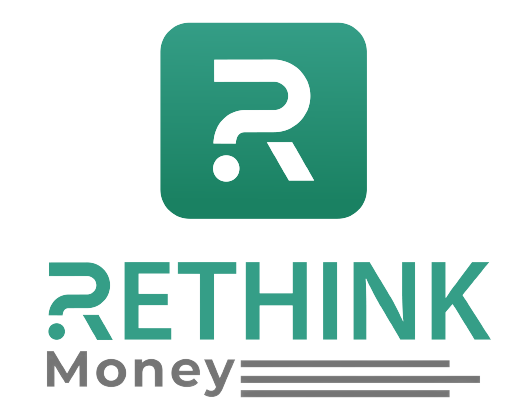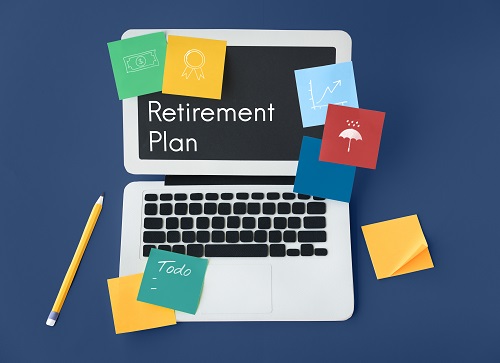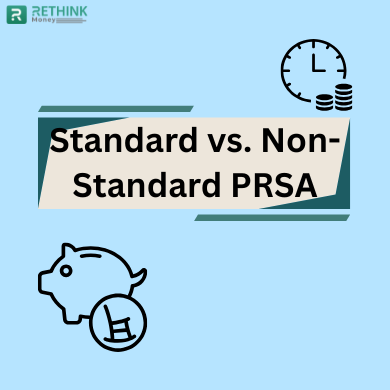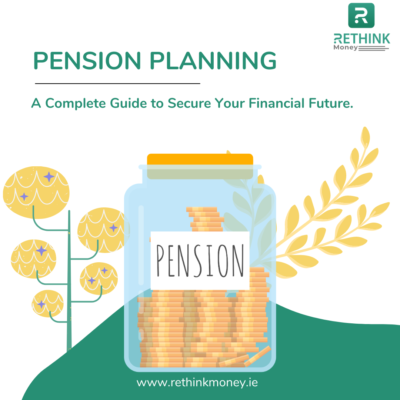Have you ever thought of Retirement?
Arguably, the single most important savings plan you will contribute to. My philosophy is that you should have at least the same amount of years in retirement as you do in the workplace. So let’s say 30 years work and 30 years retirement by-and-large, or am I simply dreaming that this is a possibility? So where does this put you? Do you think you could retire at that time?
Why you need to have a retirement plan.
Given the recent financial crisis, the squeeze on credit and the annihilation of some pension funds, many are looking at working long past the normal retirement age simply because they don’t have the resources to retire when they want. Granted there are a few of us that want to work because they will be too bored and ‘wouldn’t know what to do with themselves’. I however am not one of those. I want to be able to kick back, travel, read, enjoy as much family time as I can, exercise at 10 or 11 am and not 6am (to get it in before work). At the tender age of thirty now it might be fair to argue that I don’t know what I will want in 20 years…but you know what, I will at the very least want the choice. For me, that’s what it’s all about, maximizing your potential by giving yourself choices. When I hit 50 I can turn around and say to myself, now I have enough to retire IF I WANT. Should I choose to stay working, it will be my choice and it will because I want to.
Putting yourself in a position that these options become realistic may not be possible and may already be too late for a lot of us, however that is not to say that we forget about the possibility of having as decent a retirement as we can even if it is not a long one. It’s all in the name; ‘retirement planning’. What ‘plan’ have you in place? If the answer to that question is none, as cliché as it sounds, you have to start today. The planning is of pivotal importance because every plan is different because every person is different.
Things to consider are:
1. Mortgage
When is your long term debt going to be paid off (i.e. your mortgage). Let’s face it, you are going to need to maintain your full-time salary to pay your mortgage each month. Although it seems fairly obvious that this seems like the earliest time you should retire, there is only some truth in that. When your mortgage is paid off it is a great time to use that monthly expense to contribute to your pension fund. Given that the older you get, the more tax relief you can earn on your pension contributions it would be economically sound to have a good last run at your contributions before closing the shop door.
2. Debt
Paramount to my retirement will be ‘relaxation’, this means no debts of any kind. Whether a loan or credit card, family or business loan you must clear them as soon as you can between now and retirement. There is no point in planning your freedom if you’re going to have something hanging over your head. Deal with it now and factor it into your long-term plans.
3. Expenses after retirement
Most likely at that time your main expenses will be your standard of living expenses (i.e. your food bill, utilities, phone, broadband, cable, car, fuel). Bear in mind that you are going to have more free time in which to spend your money so ask yourself; what are you going to do in retirement? Are you going to travel, have a bunch of hobbies, pester your children and grandchildren more, read and watch movies, and eat out more often? What is the likely cost of your free time?
4. Rainy-day fund
What do you need ‘just in case’? In many cases the most valuable asset to a household is a rainy-day fund. In retirement the odds are that this may need to be a little bigger…just in case. Given that you will be on a smaller income, more likely to incur medical expenses, have more dependents that may look for a loan or a helping hand, or have some ad-hoc expenses. If your home has a leak today you will pay the cost of repair from your wage and not think anymore of it. This may not be an option with a lower income/pension.
5. The dependents
The dependents – will the kids be on their own two feet at that stage? Past the college years and earning their own income? This is potentially a large expense and needs to be factored in. What is the likelihood of them doing a doctorate and staying longer in college? These are not obstacles, just things that need to be considered especially given the current cost of further education.
Let us know what you think about this blog in the comment section below. To know more about financial planning you can book a free consultation with us here.




